Optimal Timing for Waterproofing
Waterproofing is essential for protecting structures from water infiltration and damage. Proper timing ensures the effectiveness and longevity of waterproofing measures, reducing the risk of costly repairs and structural issues.
Spring is an ideal time for waterproofing due to moderate temperatures and low humidity, allowing products to cure properly before summer.
Summer offers longer daylight hours and warmer weather, which can accelerate drying times, but high humidity may require careful planning.
Fall provides cooler temperatures and less rain, making it suitable for waterproofing projects before winter sets in.
Winter is generally not recommended due to freezing temperatures that can hinder application and curing of waterproofing materials.
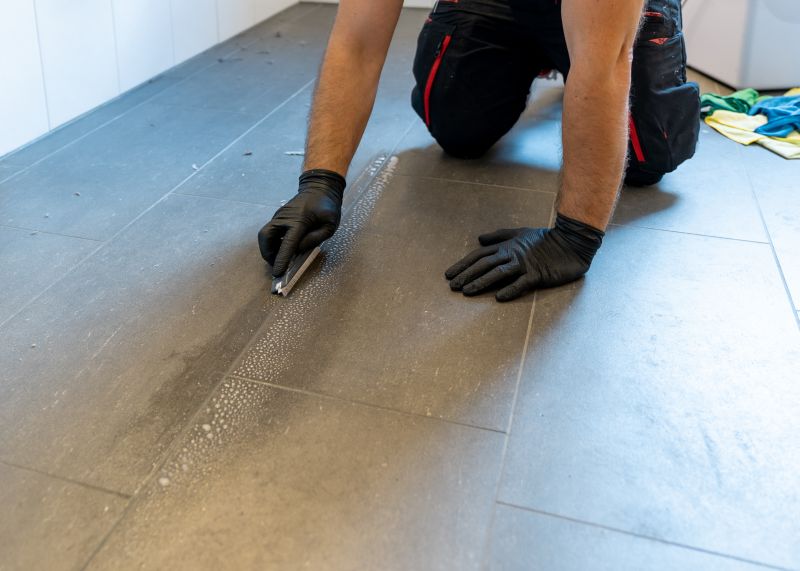
Ways to make Waterproofings work in tight or awkward layouts.
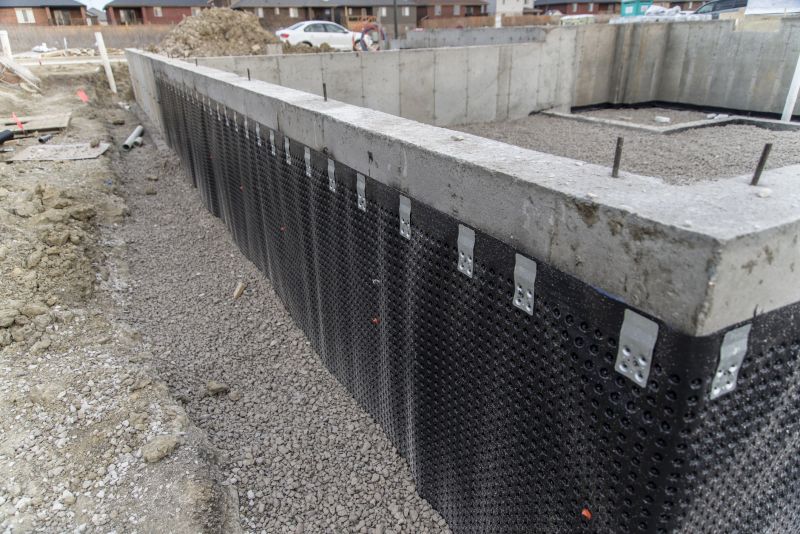
Popular materials for Waterproofings and why they hold up over time.
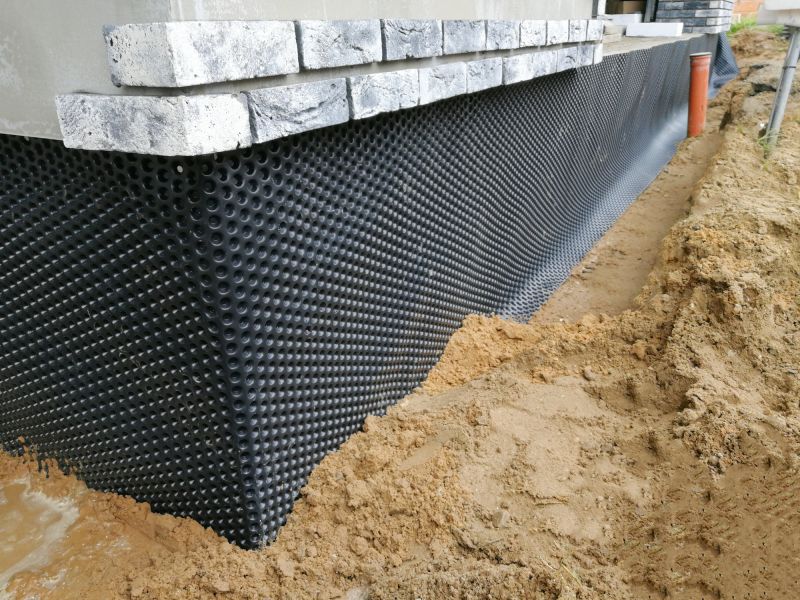
Simple add-ons that improve Waterproofings without blowing the budget.
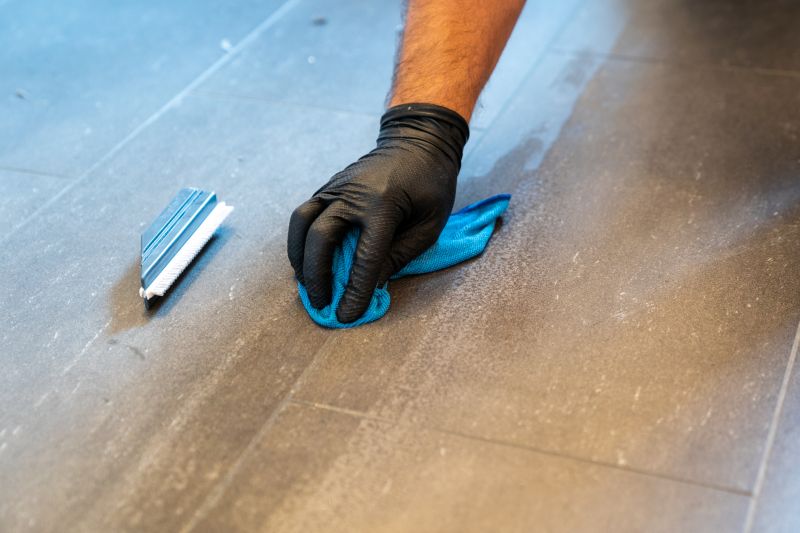
High-end options that actually feel worth it for Waterproofings.
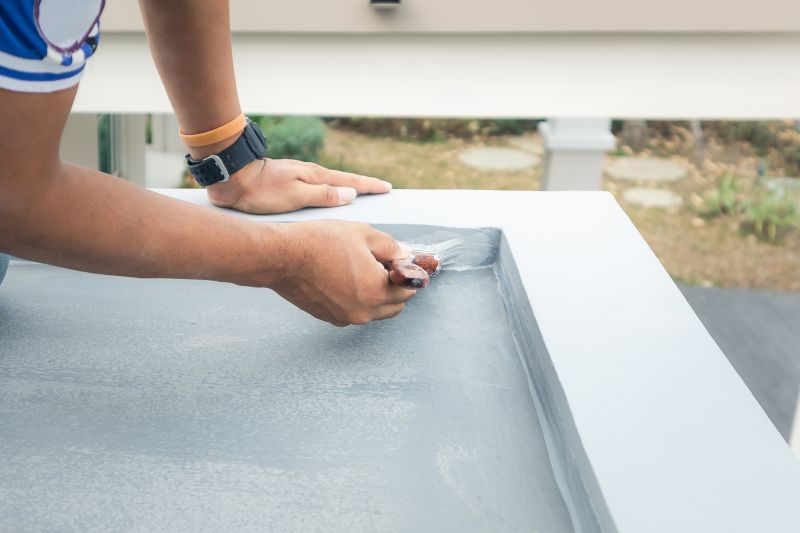
Finishes and colors that play nicely with Waterproofings.
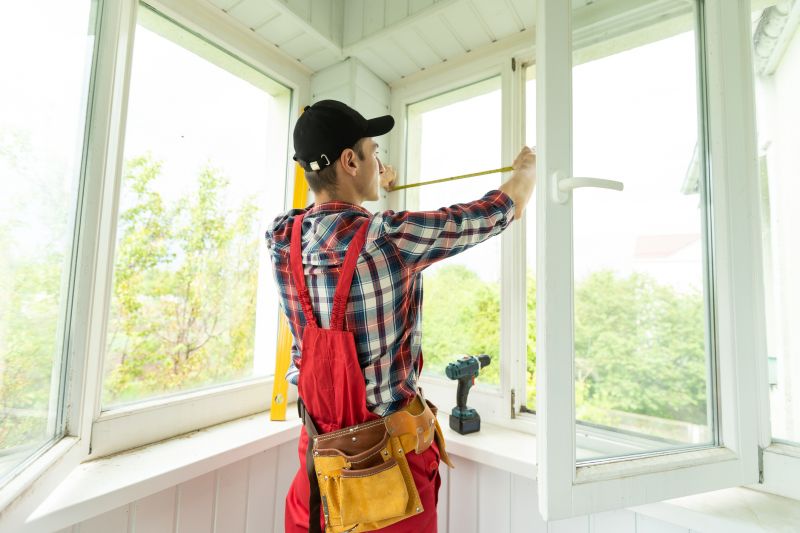
Little measurements that prevent headaches on Waterproofings day.
Waterproofings involve applying specialized materials to prevent water penetration in foundations, roofs, basements, and other critical areas. Properly timed waterproofing can improve the durability of structures and prevent issues such as mold, rot, and structural weakening. Statistics indicate that waterproofing failures account for a significant portion of building repairs, emphasizing the importance of choosing the right time for application.
Advanced waterproofing solutions often include membrane systems, sealants, and coatings designed to withstand various environmental conditions. Regular inspections and timely application during optimal weather conditions can extend the lifespan of waterproofing systems and protect property investments.
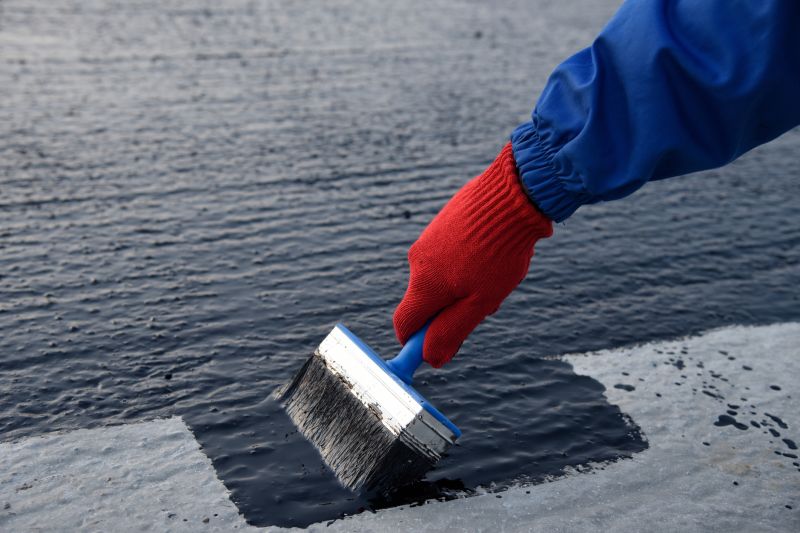
A 60-second routine that keeps Waterproofings looking new.
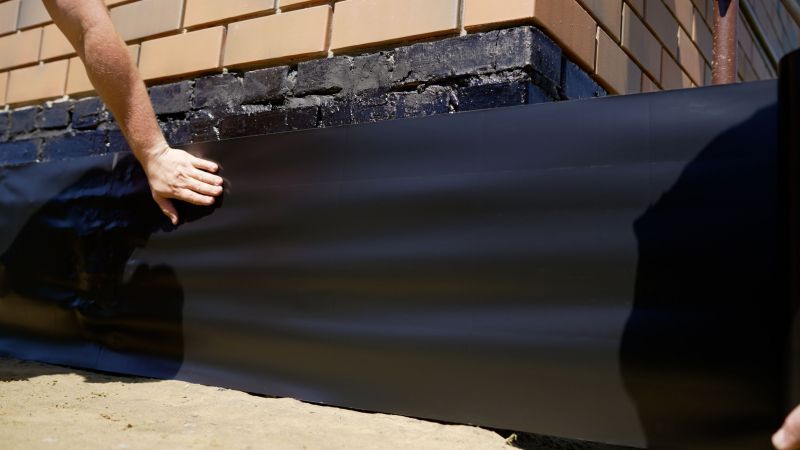
A frequent mistake in Waterproofings and how to dodge it.
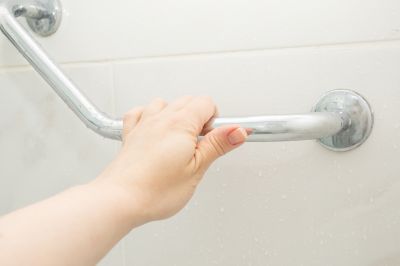
Small tweaks to make Waterproofings safer and easier to use.
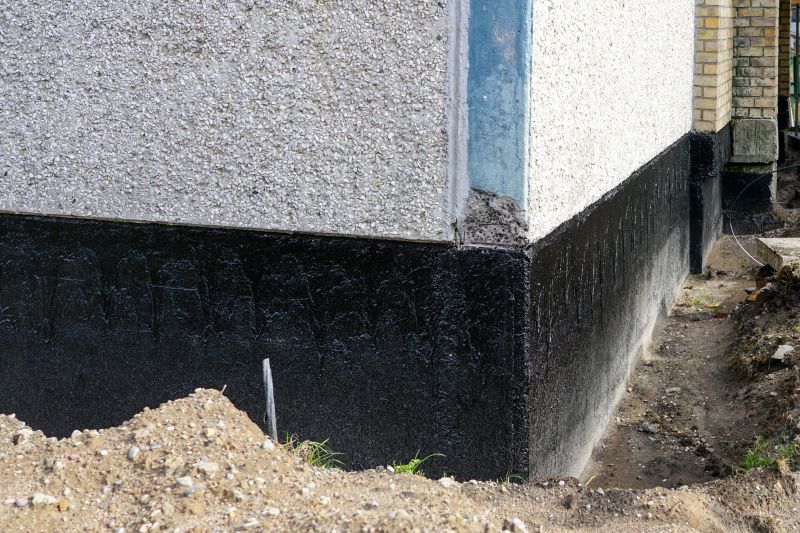
Lower-waste or water-saving choices for Waterproofings.
| Season | Best Conditions for Waterproofing |
|---|---|
| Spring | Moderate temperatures and low humidity facilitate curing. |
| Summer | Warm and dry conditions speed up application, but high humidity may pose challenges. |
| Fall | Cooler temperatures and less rain make it suitable for waterproofing. |
| Winter | Freezing temperatures hinder application and curing. |
Choosing the appropriate season for waterproofing depends on local climate conditions and the specific project requirements. Consulting with waterproofing professionals can help determine the optimal timing to ensure maximum effectiveness and durability of the waterproofing system.
Interested in waterproofing services? Filling out the contact form provides an opportunity to discuss options tailored to specific needs and schedules. Proper timing and application are key to maintaining the integrity of structures against water intrusion.


